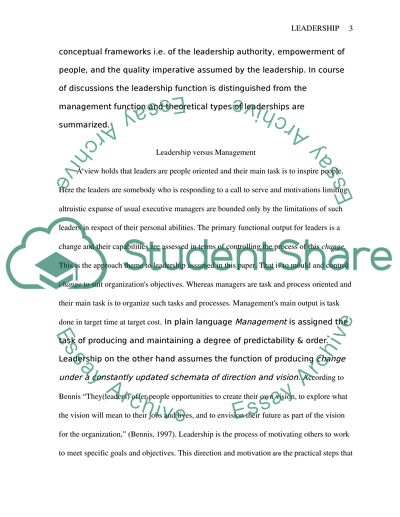Cite this document
(“Team-building and its relation to the individual Essay”, n.d.)
Team-building and its relation to the individual Essay. Retrieved from https://studentshare.org/miscellaneous/1529350-team-building-and-its-relation-to-the-individual
Team-building and its relation to the individual Essay. Retrieved from https://studentshare.org/miscellaneous/1529350-team-building-and-its-relation-to-the-individual
(Team-Building and Its Relation to the Individual Essay)
Team-Building and Its Relation to the Individual Essay. https://studentshare.org/miscellaneous/1529350-team-building-and-its-relation-to-the-individual.
Team-Building and Its Relation to the Individual Essay. https://studentshare.org/miscellaneous/1529350-team-building-and-its-relation-to-the-individual.
“Team-Building and Its Relation to the Individual Essay”, n.d. https://studentshare.org/miscellaneous/1529350-team-building-and-its-relation-to-the-individual.


